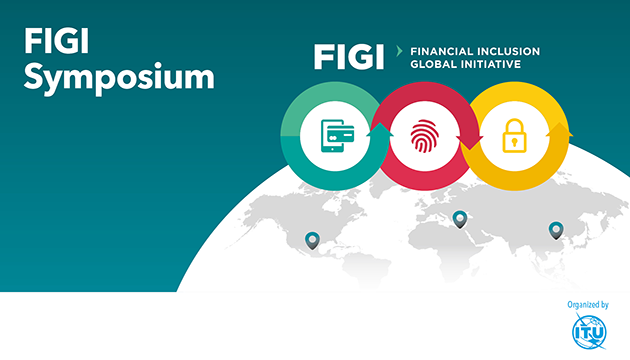
According to the 2017 World Bank Global Findex Study, an estimated 1.7 billion adults lack access to a transaction account and are excluded from the formal financial system. Enhancing financial inclusion can improve resistance to economic shocks, boost productivity of businesses, facilitate female empowerment and help eradicate extreme poverty and increase shared prosperity. It is estimated that two thirds of the unbanked, (approx.. 1.1 billion) have access to a mobile phone, which can be leveraged to gain access to financial products and services. Financial technologies and digital financial services (DFS) offer great promise to accelerate financial inclusion, by meeting the financial needs of poor and unbanked consumers. Using agents and digital channels for financial transactions can lower costs significantly compared with similar transactions conducted at physical branches of financial service providers. As technology continues to develop, so too do the opportunities to harness innovation for financial inclusion.
The FIGI Symposium were held on an annual basis over three years (2017-2020) in order to provide a forum for dialogue regulators from telecom and financial services, DFS providers and all concerned stakeholders to share their experience and views on the main challenges to be addressed for scaling up DFS.
The main objectives of the Symposium were to:
- provide a unique platform for regulators, policymakers and DFS experts to share lessons learned about the different digital financial models and services, the regulatory sandbox approach, ways to mitigate risks in fast changing ICT and digital payment environments, and the impact of emerging technologies on the ecosystem;
- showcase digital financial inclusion initiatives and innovations taking place at the international level; and
- provide thought leadership on digital financial inclusion strategies and technological innovations in the area of DFS.
The events brought together telecom/ICT and financial regulators, policymakers, digital financial services providers, payment system organizations and other DFS stakeholders from around the world. The first day of the event was dedicated to the meetings of the FIGI working groups and was on invitation only. The second and third days were open for participation and featured a series of thematic workshops, country showcases and capacity building for regulators to keep up to date with developments and technological innovations in DFS. The Symposium concluded with the adoption by participants of a set of best practice guidelines and pledge to accelerate digital financial inclusion. The Symposium also offered a unique networking opportunity with the different stakeholders and players in the DFS ecosystem.